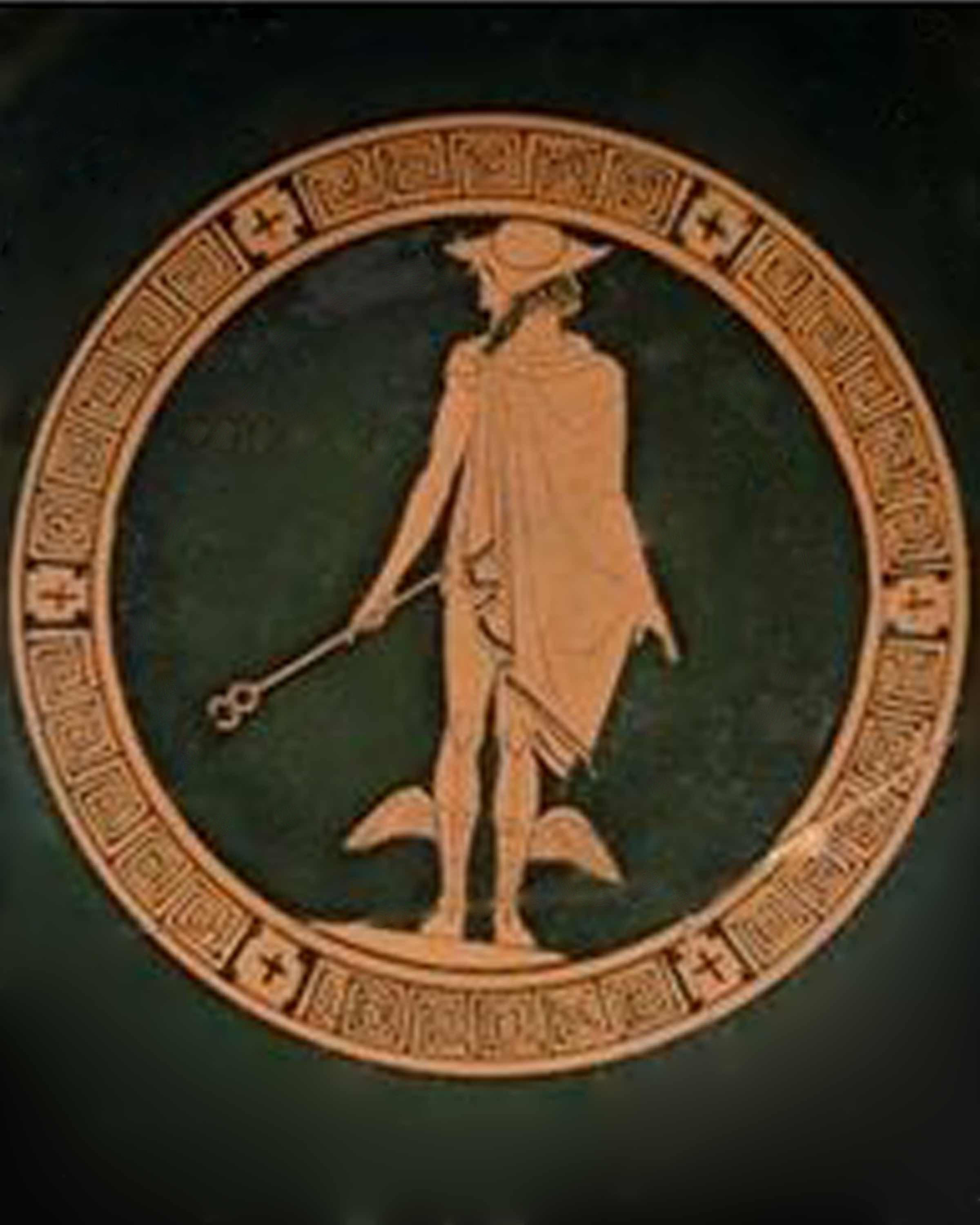Defining Divination & Discernment in Tarot Practice
Divination is an old term for listening to the gods. The gods have knowledge that people are not usually privy to and seeking their advice by prayer and sacrifice or liturgical or oracular means helps in decision making after all human knowable alternatives have been consulted.
Prophecy is specialize style and form of divination. The prophetic injunction may be moral imperatives as well as homey advice. Social laws became established custom when prophetic directives became a measure normative practice, usually justified as within the divine order of the world or tribe.
This prophetic knowledge often became a kernel for the formation of sacred scripture. Such inspired knowledge was usually not accessible to human knowledge's means of direct verification.
Divination systems are remarkably resilient and continuous feature of human societies. There is an unbroken continuity of styles of divination as old as human records.
Astrology and other forms of determining perspicacious timing is by far the most common style of divination. Numerology or qualitative arithmetic, the symbolic interpretation of the meaning of numerical proportions, measures and functions.
Other styles of oracular consultation include randomizing practices such as casting lots, tossing dice and drawing cards.
Tarot as a developing oracle is relatively recent invention though aspects of its design derive from more ancient forms of divination such as numerology and elementary symbolic forms. One can see the various aspects of proportion based on the sacred cube and the numbers on a die.
Oracles were aspect of cults where specialists had routine ways of consulting the god or gods. Cults also sometimes became places of pilgrimage for pilgrims to consult the divine about some problem. Cults dealt with social, legal, moral, and medicinal questions and cults became often specialists in certain types of questions.
In modern society where the divine order of the world and human community is no longer taken as a given, divination is seen as successful conjecture or lucky insight. Randomization is valued as a means refocusing how a question is viewed or the way a decision may be considered. The creative use of tarot becomes one way jolt ourselves out of preconceived limitations or solutions.
Often prophecy and divination has been characterized as a means of predicting the future, sometimes as determining the future or assuring the rightness of a decision. The act of divining, as foreseeing or foretelling of future events, I beleive misconstrues the nature of prophetic intercessions.
Notice that there is, as I have characterized divination, no need to assume a supernatural agency as necessary for understanding the effectiveness of divination. This demurral in no way includes a denial of aspects of experience that may well apprehend orders of beings, gods, angels, demons and other symbolic but non-causal agencies that inhabit the fabric of our dreams. Rather I would assume all these and other agencies of imagination and human apprehension, as a simple and, perhaps in form and appearance, an extension of nature, though, perhaps, a species specific and poetic perception of nature.
Divination is what tarot card readers do when they hazard to select cards at random to respond to any number of diverse issues and questions. However by do I am emphasizing the objective act of consulting the cards and attempting to interpret them.
On another level both reader and querent together engage in a modern exercise of discernment of how the cards address the issues at hand, brought forth by the question or perhaps other unexpected circumstances
The development of the interior life obeys a logic long familiar to Christian saints and ascetics, but learning that logic can be a long, tedious, and often painful process. It is not always easy to tell whether the "movements" or "inspirations" one feels or experiences come from the Spirit. Often, an idea, image, intuition, feeling, and the like, seem to be clearly and unmistakably from God; so much so that one might believe the experience to be a vision, revelation, or interior "word" spoken by God. On reflection, however, it may turn out that the interior movement was not of God, but a subtle temptation or a delusion, or simply a mistake. The process of determining what is and what is not of the Spirit is called discernment. One of the best-known considerations of discernment for someone who is seeking the will of God can be found in the Spiritual Exercises of Ignatius Loyola, although contemporary writers normally update Ignatius's language and insight.
The basic criterion for discriminating between what is and what is not of the Spirit is perhaps summed up best in the text of Deuteronomy 30:15-20. What is of God promotes life, and what is not of God leads to death. That leaves the question open, of course, as to what life and death mean, and thus there emerges an other set of categories. Whatever leads to deeper freedom, joy, peace, communion, love, and passion for justice is, by definition, life-giving. Whatever leads to confusion, discord, self-absorption, isolation, pride, and so forth, is death. In the language of discernment, the terms "life" and "death" are not biological terms but existential and spiritual ones. Discernment presupposes prayer and serious effort at leading a life of faith. Since discernment normally requires considerable attentiveness to one's inner experience, there arose the practice of spiritual direction to assist people in the development of their interior life. The need for discernment is not limited to individuals. Groups, communities, and even the universal church are to some degree always involved in the process of learning what is truly of God and responding accordingly. Thus Vatican II spoke of scrutinizing and interpreting the "signs of the times" (see the Pastoral Constitution on the Church in the Modern World, no. 4).
